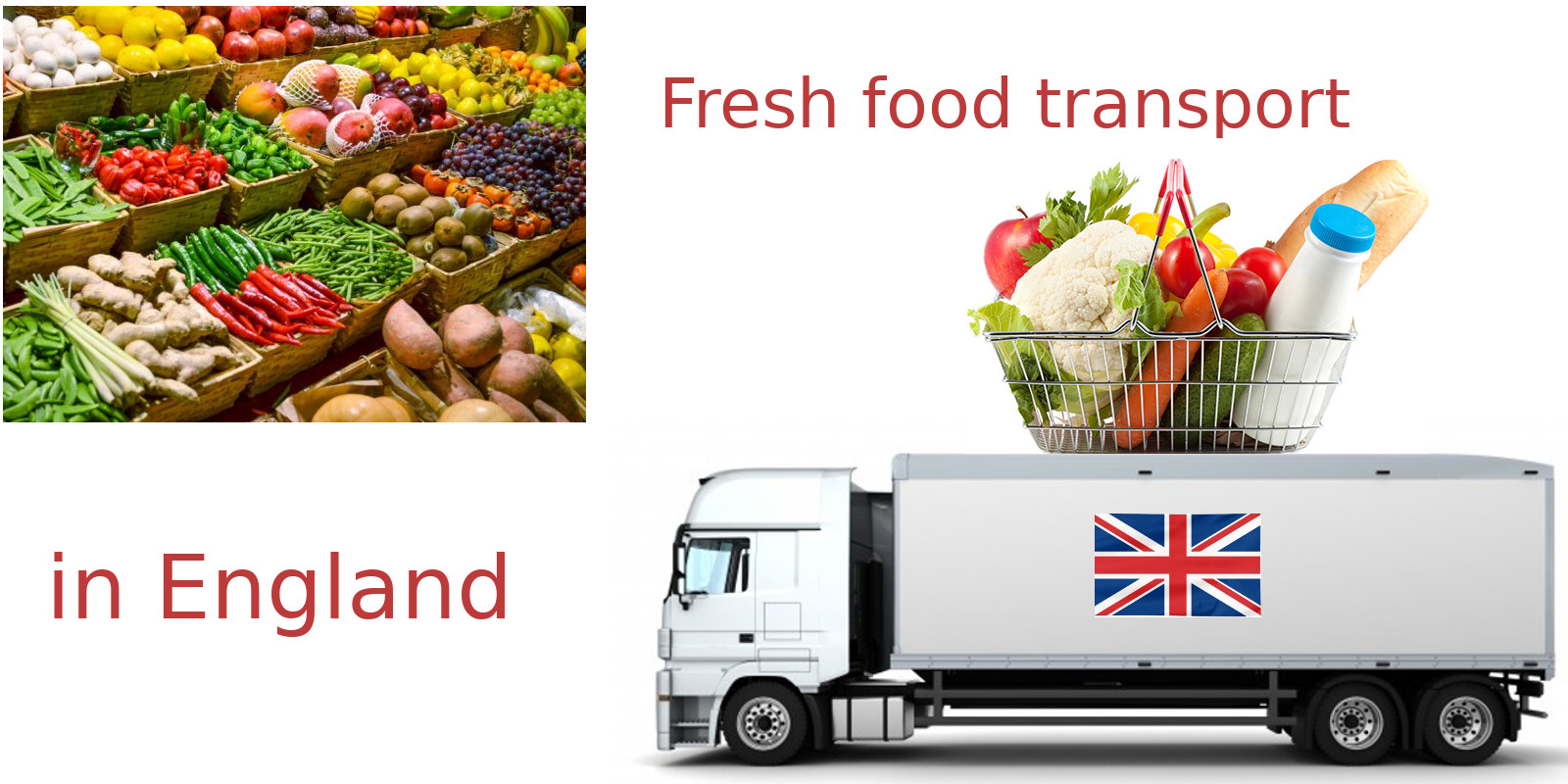What should we know about fresh food transport?
Food transport from the point of view of applicable rights and obligations of carriers is a difficult area of the food industry. This is an area with growing prospects given the constant development of the industry, the growing expectations of consumers, as well as competition on the transport services market. Tightening the laws on the transport of foodstuffs, on the other hand, guarantees greater food safety, and thus a guarantee of better quality for consumers. In addition, it affects the specialization of carriers for the transport of specific food, because carriers must have properly equipped vehicles and provide services professionally.

Is transporting fresh food safe?
Providing food with adequate transport conditions and guaranteeing its freshness and safety depends on a number of important factors that must be observed by the companies involved in its transport. All these requirements are described in the relevant laws and regulations, and their transport requirements are strictly defined for individual food groups. Main transport requirements food under controlled conditions are described in the ATP contract, which also presents the different types of food transport, temperature requirements as well as documentation and testing what are needed to make the transport complete.
What is ATP?
ATP-the Agreement on the International Carriage of Perishable Foodstuffs and on the Special Equipment to be used for such Carriage (ATP) is a 1970 United Nations treaty that establishes standards for the international transport of perishable food between the states that ratify the treaty.
And what about transport hygiene?
It is required that the transport of foodstuffs be carried out with the help of instruments kept in impeccable cleanliness, and their purpose was for one purpose only. Food is divided into several main groups, each of which includes different transport footnotes. This is a great challenge for a carrier who must be aware of the various requirements for many food products. Time is also an extremely important issue to consider. This is due to the short shelf life of some product groups. In the event of failure to meet the previously set deadlines, the value of these food products may not be fully preserved, which is associated not only with the exposure of consumer health, but also with possible serious financial losses to the customer.How to store food during transport?
Fresh fruit and vegetables.
Fresh products that are not delivered as ready-to-eat (RTE) should be stored and transported so that they do not contaminate RTE food. When storing dirty vegetables, care should be taken to ensure that they do not contaminate other products that may not be delivered as RTE, but may be eaten raw (e.g. fruit). Food should be stored in a cool place with adequate ventilation, preferably in a refrigerator at a temperature appropriate for the product.
Dry products.
Dry products including canned goods, cereals and flour. They should be stored in dry, well-ventilated rooms. Food should be placed on racks, shelves or pallets above the floor.
Frozen food.
They should be stored in the freezer immediately after delivery. Frozen foods should be used within 1 month or according to the best before dates specified by the producer. Chilled food "prepared in the kitchen", which is then frozen, should be used within 1 month.
Perishable food.
The temperature of perishable food in the refrigerator must not exceed the statutory limit of 8C. Such food includes chilled dishes, meat, poultry, eggs, cooked meat and vegetable dishes, ready salads, soft cheeses, sandwiches, fresh pasta, low acidity desserts, sausages, fish and dairy products. Best practice is that chilled foods should be used within 48 hours. Foods that are broken or have exceeded their best-before date must be removed from the eatery and appropriate action must be taken before disposal. Check the integrity and condition of the packaging to prevent cross-contamination.



